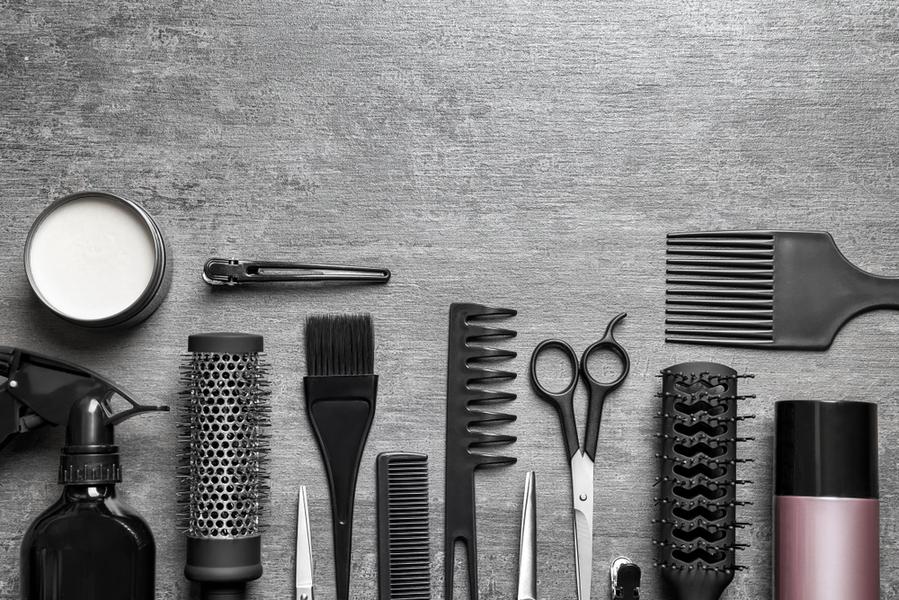Senior-Friendly Hairdresser Services and Elderly Hair Care
Finding the right hairdresser for an older adult means balancing skill, comfort, and practical hair care needs. Seniors and their families often look for stylists who understand age-related hair changes, are patient with mobility or sensory issues, and can recommend manageable styles. This article outlines what to expect from senior-focused salon services and how to choose options in your area that prioritize safety and dignity.

This article is for informational purposes only and should not be considered medical advice. Please consult a qualified healthcare professional for personalized guidance and treatment.
Hairdresser services tailored for seniors
A competent hairdresser who specializes in senior clients will offer more than a haircut. Typical services include gentle shampooing techniques, shorter or low-maintenance cuts that account for thinning hair, simple coloring options that minimize chemical exposure, and styling that’s easy to manage at home. Stylists may use softer towels, slower movements, and louder cues to accommodate hearing or neck mobility issues. Ask whether the salon offers senior appointment times with quieter environments, or whether the stylist has extra training in working with older adults to ensure a calm, respectful experience.
What do senior clients typically need?
Seniors often experience hair that becomes finer, dryer, or more brittle; scalp sensitivity and medical-related hair changes are also common. A good hairdresser listens and tailors services: trimming split ends, suggesting volumizing cuts or lightweight styling products, or recommending non-permanent color techniques like glosses instead of harsh dyes. Communication about personal routines is important—stylists should teach quick at-home routines and suggest appropriate brushes, combs, and shampoos that support hair health without adding complexity to daily care.
Practical elderly hair care tips
Effective hair care for elderly clients focuses on simplicity and scalp health. Use gentle, sulfate-free shampoos and a lightweight conditioner applied mainly to lengths to avoid weighing down fine hair. Limit the frequency of coloring and heat styling to reduce damage. For those with dry scalps, mild moisturizing treatments or scalp massages can improve comfort; always test new products for sensitivity first. Encourage easy-to-manage styles such as layered short cuts, soft bobs, or shoulder-length shapes that can be air-dried. If mobility or vision limits styling at home, consider recommending assistive tools like ergonomic brushes or a magnified mirror.
Choosing the right salon for older adults
When selecting a salon, look for local services that advertise experience with senior clients or offer mobile hairdresser options for home visits. Visit the salon to check cleanliness, seating comfort, and non-slip flooring; these are practical indicators of safety. Ask about scheduling flexibility, appointment length, and whether stylists can adjust water temperature and chair positions for comfort. Reviews from other older customers or family caregivers provide valuable insight into reliability and empathy. A salon that communicates clearly about pricing, needed time, and post-service care tends to be more trustworthy.
Accessibility and comfort with a hairdresser
Accessibility goes beyond ramps and wide doors—consider the layout inside, waiting area seating, and whether the stylist can provide shampooing at the chair instead of a basin if neck support is an issue. Hairdressers who understand sensory needs will speak calmly, explain each step, and ask permission before touching. For clients with dementia or cognitive changes, predictable routines and a single consistent stylist can reduce anxiety. Mobile or in-home salon services are a safe alternative when travel is difficult; inquire about insurance, qualifications, and hygiene practices for any home-visit hairdresser.
Conclusion
Senior-focused hairdresser services blend technical skill with empathy, practical hair care advice, and accessible facilities. By prioritizing comfort, simple routines, and open communication, salons and stylists can help elderly clients look and feel their best while making daily maintenance manageable. Choosing a local, experienced hairdresser or mobile service that respects individual needs will often lead to better outcomes and a more positive salon experience.






